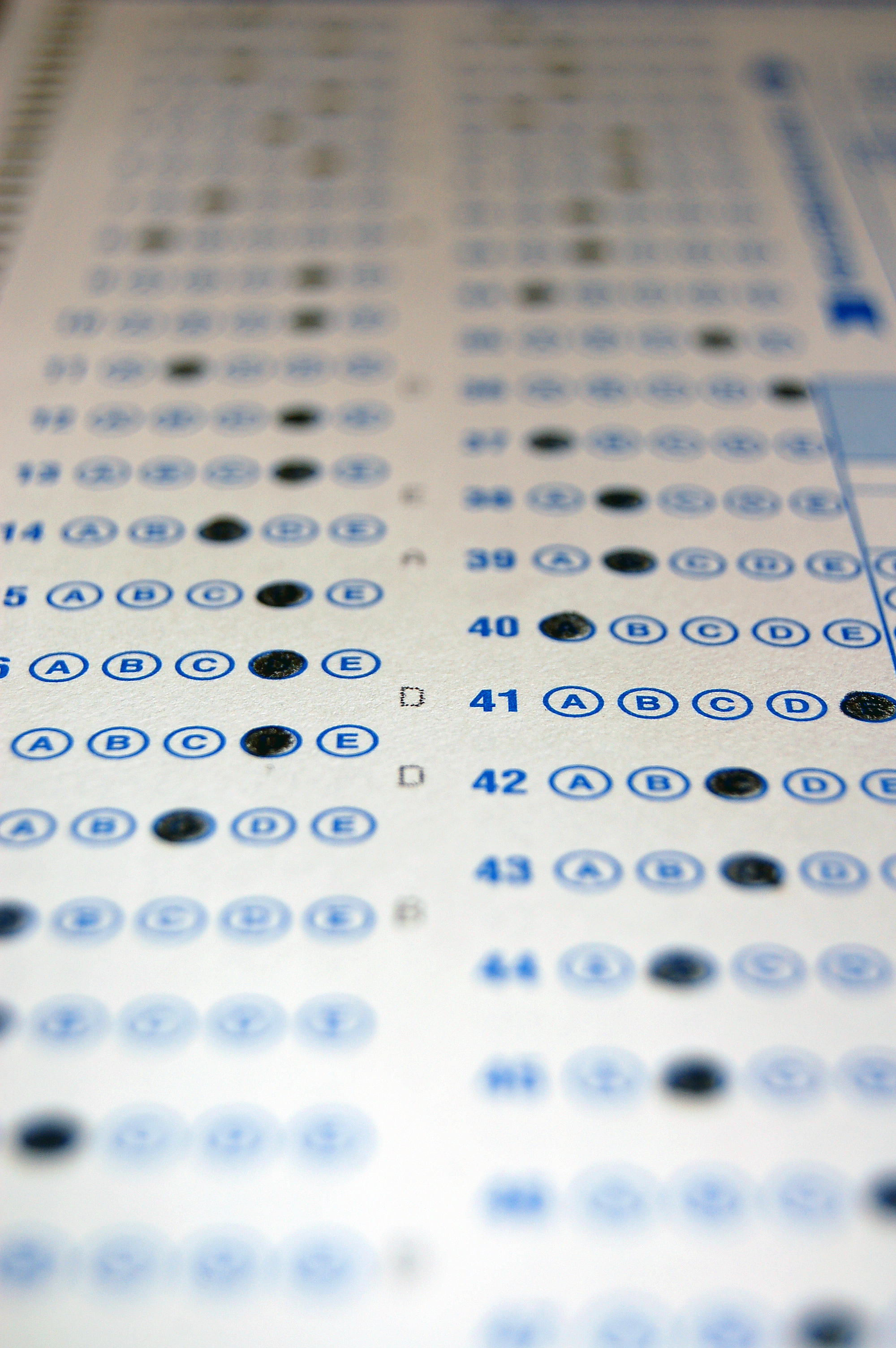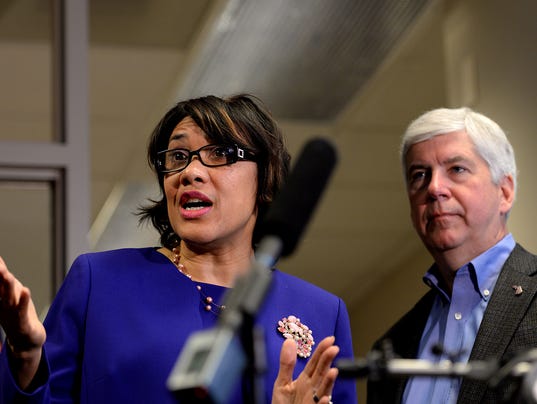[fblike]
 More than a year after the Ebola virus terrified the world, a new virus is instilling fear into the hearts of millions of citizens throughout the Western Hemisphere. The culprit this time is the Zika virus, a mosquito-borne pathogen that was ignored by health experts for decades. However, a spike in the number of births of children with microcephaly, a rare condition that leads to babies being born with abnormally small heads, to women that are thought to have been infected with the virus has created a renewed sense of urgency in the global health community. Zika is not native to the Western Hemisphere and it was first found in Africa more than sixty years ago. Its spread is a testament to how the world is increasingly one without borders when it comes to health issues and Zika creates yet another headache for Brazil, a nation facing significant economic problems and that is hosting the Summer Olympics this year.
More than a year after the Ebola virus terrified the world, a new virus is instilling fear into the hearts of millions of citizens throughout the Western Hemisphere. The culprit this time is the Zika virus, a mosquito-borne pathogen that was ignored by health experts for decades. However, a spike in the number of births of children with microcephaly, a rare condition that leads to babies being born with abnormally small heads, to women that are thought to have been infected with the virus has created a renewed sense of urgency in the global health community. Zika is not native to the Western Hemisphere and it was first found in Africa more than sixty years ago. Its spread is a testament to how the world is increasingly one without borders when it comes to health issues and Zika creates yet another headache for Brazil, a nation facing significant economic problems and that is hosting the Summer Olympics this year.
This topic brief will provide some background information on the Zika virus, discuss the steps that governments plan to take to combat it, and then assess the implications of the virus.
Readers are also encouraged to use the links below and in the related R&D to bolster their files about this topic.




 Here is today’s premium R&D to accompany
Here is today’s premium R&D to accompany 
 s a list of all our old quizzes,
s a list of all our old quizzes, 



 While Americans take clean drinking water for granted, the residents of Flint, Michigan currently lack such a luxury. The failure of state and federal environmental officials has placed the city’s residents at risk for lead poisoning as a result of an attempt two years ago to save the city money by acquiring drinking water from the nearby Flint River instead of from Detroit. Since 40% of Flint’s residents are poor and more than half are African-Americans, community activists allege that Michigan’s Governor Rick Snyder and other state officials turned a blind eye to resident concerns on racial and socioeconomic grounds. The scandal has caused the resignation of the director of Michigan’s Department of Environmental Quality and the Environmental Protection Agency’s Region 5 director and Michigan’s state attorney general and the Department of Justice are looking into the filing of criminal charges. The crisis creates a significant test of Snyder’s leadership as he must solve this problem while also facing a work stoppage by Detroit’s public school teachers over the condition of their schools.
While Americans take clean drinking water for granted, the residents of Flint, Michigan currently lack such a luxury. The failure of state and federal environmental officials has placed the city’s residents at risk for lead poisoning as a result of an attempt two years ago to save the city money by acquiring drinking water from the nearby Flint River instead of from Detroit. Since 40% of Flint’s residents are poor and more than half are African-Americans, community activists allege that Michigan’s Governor Rick Snyder and other state officials turned a blind eye to resident concerns on racial and socioeconomic grounds. The scandal has caused the resignation of the director of Michigan’s Department of Environmental Quality and the Environmental Protection Agency’s Region 5 director and Michigan’s state attorney general and the Department of Justice are looking into the filing of criminal charges. The crisis creates a significant test of Snyder’s leadership as he must solve this problem while also facing a work stoppage by Detroit’s public school teachers over the condition of their schools. Here is today’s premium R&D to accompany
Here is today’s premium R&D to accompany